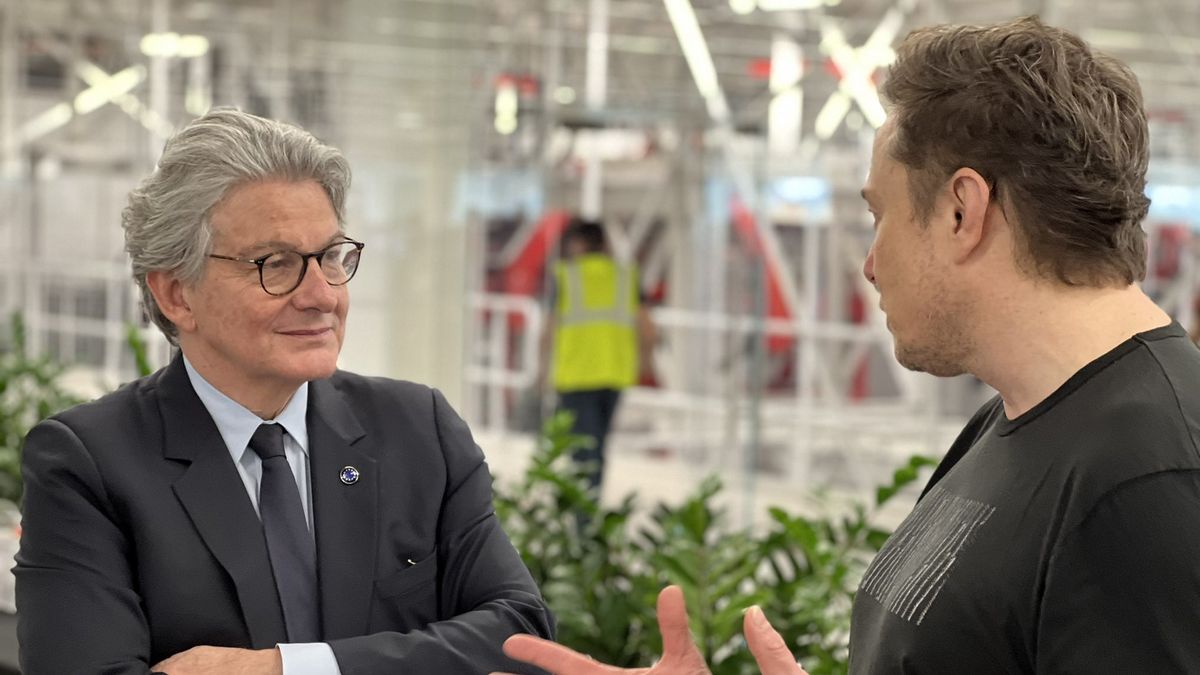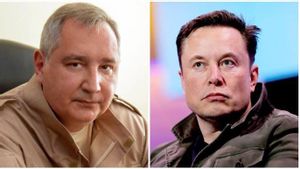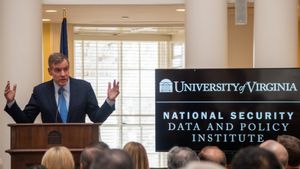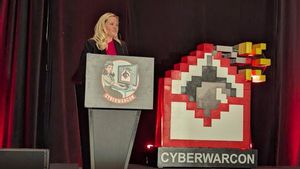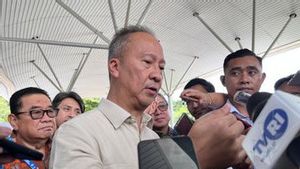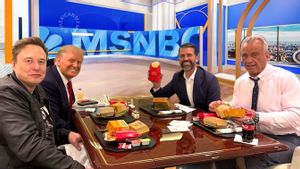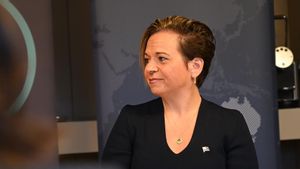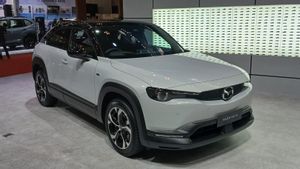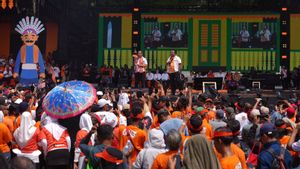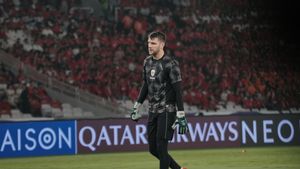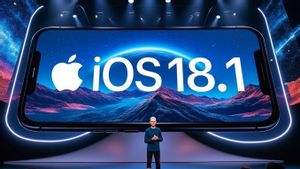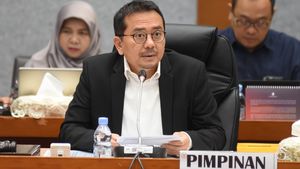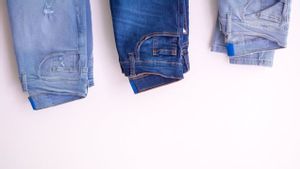JAKARTA – Tesla CEO and future Twitter owner, Elon Musk, said he "strongly agrees" with the European Union on the Digital Services Act, and the web platform's regulatory package.
Musk made this statement when Musk appeared in a short video with EU Commissioner, Thierry Breton, to confirm his support for the DSA, which includes asking major platforms to monitor illegal content and assess the risk of harm posed by their services, including from disinformation.
“I think it really aligns with the future goals for the Twitter platform,” Musk said in a short video posted by Breton. “This was a great discussion, and I really think I agree with everything you say, really. I think we have the same thoughts, and I think anything my company can do that will benefit Europe, we want to do it.”
Musk himself followed up with a tweet reply to the video. “Nice meeting! We are very much on the same page," he said, as quoted by The Verge.
The video reinforces earlier assertions that Twitter moderation must be "in accordance with the laws" of the countries in which it operates, and Musk's priorities have some clear similarities to those of the DSA.
VOIR éGALEMENT:
Both are very concerned about transparency. For example, Musk has suggested making Twitter's recommendation algorithm "open source", whereas the DSA would need a large platform to explain their algorithm to the EU.
Similarly, the DSA asked the platform to assess the risk of harm posed by bots and fake accounts, while Musk has promised to "authenticate all humans" on Twitter despite concerns from some users operating anonymously for security reasons.
While not mentioned in this video, the separate Digital Markets Act (DMA) has attacked the practice of companies like Apple charging a 30 percent fee for App Store purchases, something Musk has dubbed the "de facto global tax on the internet."
Today @elonmusk and I wanted to share a quick message with you on platform regulation #DSA pic.twitter.com/nvP5FEXECY
— Thierry Breton (@ThierryBreton) May 9, 2022
However, the EU will also require companies to identify and mitigate the possible social risks posed by their platforms, potentially from both legal and illegal content. They called on companies to work with the EU on fighting disinformation and promoting democracy, encouraging the use of "crisis protocols" that could limit the flow of inaccurate information during a pandemic, earthquake or other natural disaster.
Meanwhile, other Musk businesses, such as Tesla, are so dependent on markets like Germany, that Twitter can't just ignore these regulations.
Musk has defined "freedom of speech" as speech that complies with the laws of a particular country, regardless of what those laws allow.
“If people want less freedom of speech, they will ask the government to pass laws for it,” he tweeted in late April.
But it poses challenges on global platforms like Twitter. While the DSA only applies to users in Europe, its policies can be difficult to align with Musk's commitment to free speech in the US because moderation in one country can affect the content people see around the world. As Musk's references to many of his companies show, he would have a lot to lose by angering the EU if those goals conflicted.
The English, Chinese, Japanese, Arabic, and French versions are automatically generated by the AI. So there may still be inaccuracies in translating, please always see Indonesian as our main language. (system supported by DigitalSiber.id)
